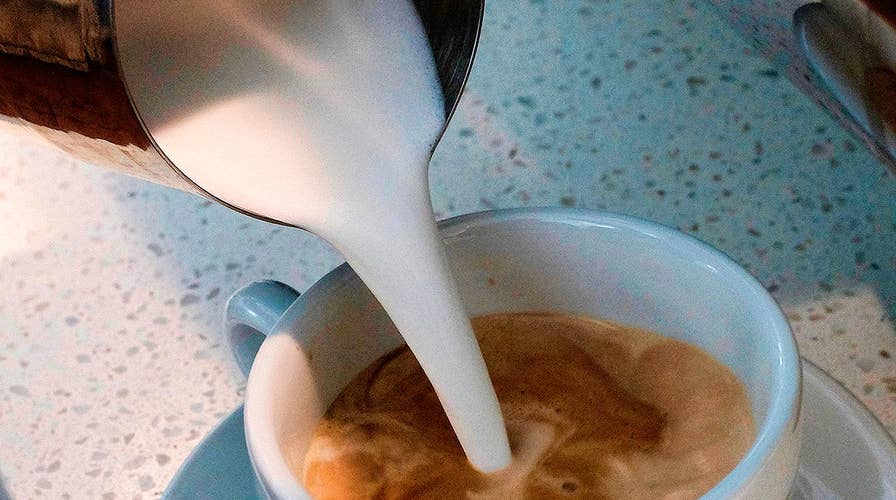California judge says coffee must come with cancer warning
California judge rules that Starbucks and other coffee sellers must include cancer warnings on coffee sold in the state.
Speak for yourself, Switzerland.
Earlier this week, a federal council in Switzerland recommended the country put an end to its practice of stockpiling emergency reserves of coffee, saying the beans are “not vital” in terms of nutrition for food security.
"That is, coffee contains almost no calories and therefore does not contribute, from the physiological perspective, to safeguarding nutrition," the council wrote in a press release, as translated by the BBC.
PICS: BIKINI BARISTA COFFEE SHOP IN CALIFORNIA HAS LICENSE REVOKED
The council also argues that growing areas for coffee have expanded since the stockpiling system was put into place, meaning there is less risk of running low on coffee in general.
“The continuation of the compulsory storage of coffee is therefore no longer justified from a supply policy perspective,” the council added.
The country initially began stockpiling coffee – along with grain, rice, sugar, oils and animal feed grain – after World War I, as a way to safeguard against potential shortages, Reuters reported.
Switzerland is now reportedly sitting on more than 15,000 tons of coffee, all set aside by Swiss companies – including Nestle – as well as local roasters or importers. It’s said to be enough to last the coffee-swigging Swiss population around three months. (The Swiss drink around 20 pounds of coffee per person annually — a little over double what Americans drink, Reuters reported.)

Switzerland has around 15,300 tonnes of coffee already stockpiled. (iStock)
ReserveSuisse, the organization that oversees the stockpile, has already asked the council to reconsider, saying that the majority of companies who provide the coffee disagree with the proposal and arguing that the grain provides vitamins and antioxidants.
CLICK HERE TO GET THE FOX NEWS APP
A final decision on the stockpiled coffee’s fate is expected to be announced in November, Reuters reported.





















